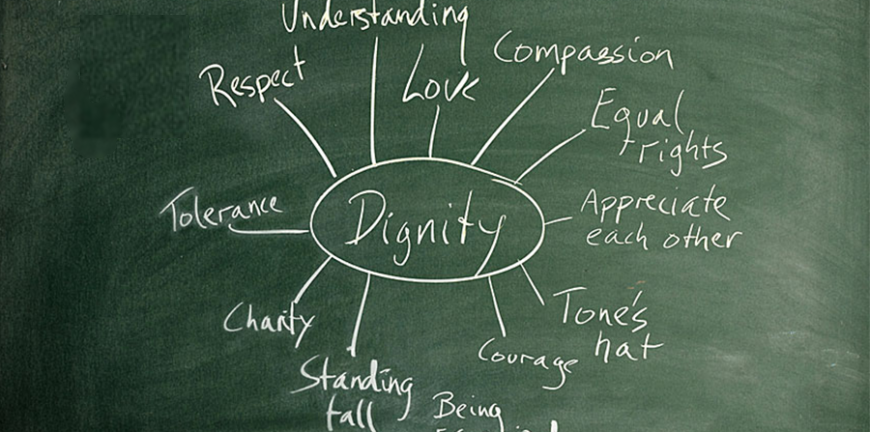5 Tips to Eat Your Way to a Better Mood

The holidays have come and gone and now we may be facing the added pounds from all those Christmas goodies. There can be a feeling of disappointment or even disillusionment as we pack away the Christmas decorations. Those New Year’s resolutions are already a challenge to keep. Maybe we can look to food to improve our mood and avoid further negative thought. .
We have all heard that eating a healthy diet can help cut the risks of illnesses especially as we age. Now studies are showing what we eat can affect our mood. I am part of a task Force at Sierra View Homes Retirement Community to study and provide healthier, plant based and protein meals for the Sierra View residents.
There is a strong connection between your brain and your gut. When you are depressed the level of healthy gut bacteria goes down. A healthy gut builds the good chemicals in the brain. Neurotransmitters like norepinephrine, gamma-aminobutyric acid, serotonin are created in your gut. It is important to have good food to keep up your gut health and produce these important brain chemicals.
Studies have been done on diets high in ultra-processed foods. Sodas, instant soups, pre-made and pre-packaged foods tend to lead to obesity and cardiovascular disease. The European Journal of Nutrition examined the diets of almost 15,000 people. They found the people who ate the most ultra processed foods had a 33 percent higher risk of depression than those who ate only minimal amounts. The ultra-processed food have little nutrition such as omega-3 fatty acids and B vitamins that provide brain health. They also are full of sugar and additives that feed the bad bacteria in your gut. The findings show there is a higher chance of depression when this diet is followed.
There is more to mood maintenance than just eating the right food. To have good mood hygiene we need to look at some nutrition strategies:
- Eat regular meals and snacks at the same times every day. This helps keep your blood sugar levels even. Eating regularly helps keep your body fueled and your gut health in top working condition.
- Don’t skip meals. When you skip a meal it is easy to over eat at the next meal. Have you heard the term “Hangary”? The combination of hungry and angry.
- Avoid carbohydrates and junk foods with high sugar content such as candy and soda etc. Sugar creates blood sugar spikes that can have a serious effect on your mood when the sugar spikes wear off.
- Eat foods that boost mood such as protein. Protein helps to slow the absorption of carbohydrates. It also improves your gut health and therefore increases good brain chemicals. Vitamins such as vitamin D, the sunshine vitamin, give the brain a good boost. Folate helps to ward off depression. Foods such as broccoli, lentils, oatmeal, oranges, and dark leafy greens provide folate. Also, B-12 found in cottage cheese, lean beef and salmon give the brain a feel good boost.
- Eat foods that contain soluble fiber, like complex carbohydrates. These can slow the absorption of sugar into your bloodstream and increase serotonin the “feel good” chemical. Both work to help maintain a good mood. Complex carbohydrates can be found in oats, beans, pears, peas and Brussel sprouts.
There is a strong connection between food and your mood. By combining strategies for eating regularly with foods that may have a positive effect on your well-being you can develop a plan for feeling better in the New Year.





